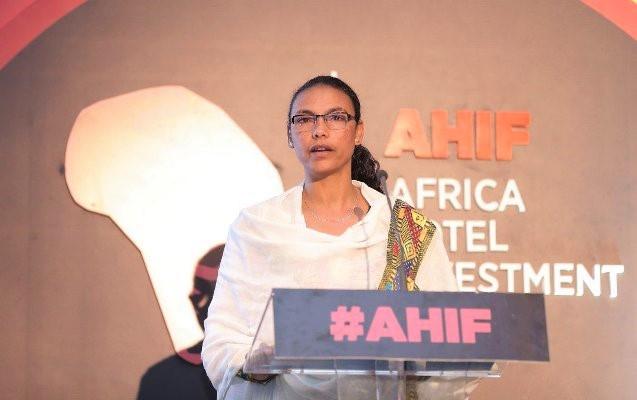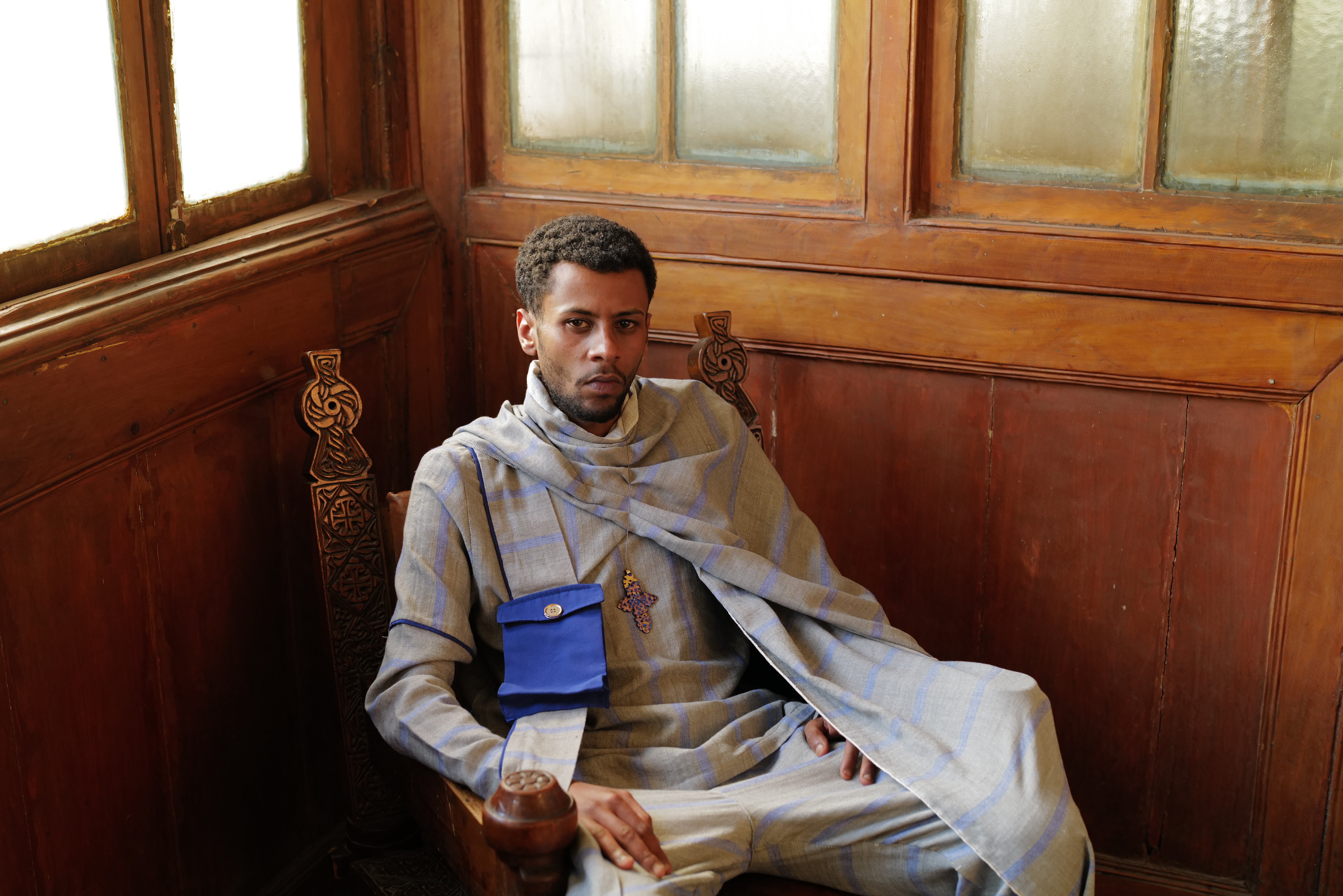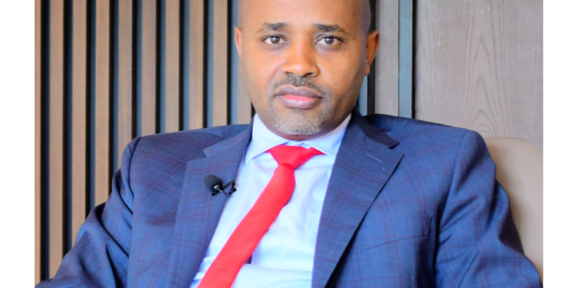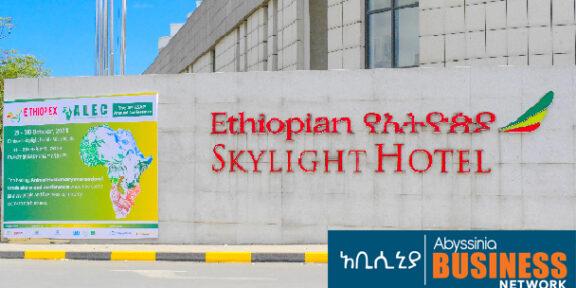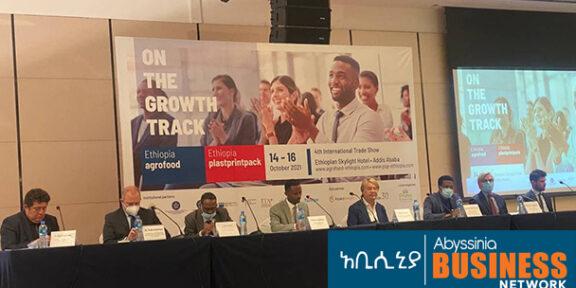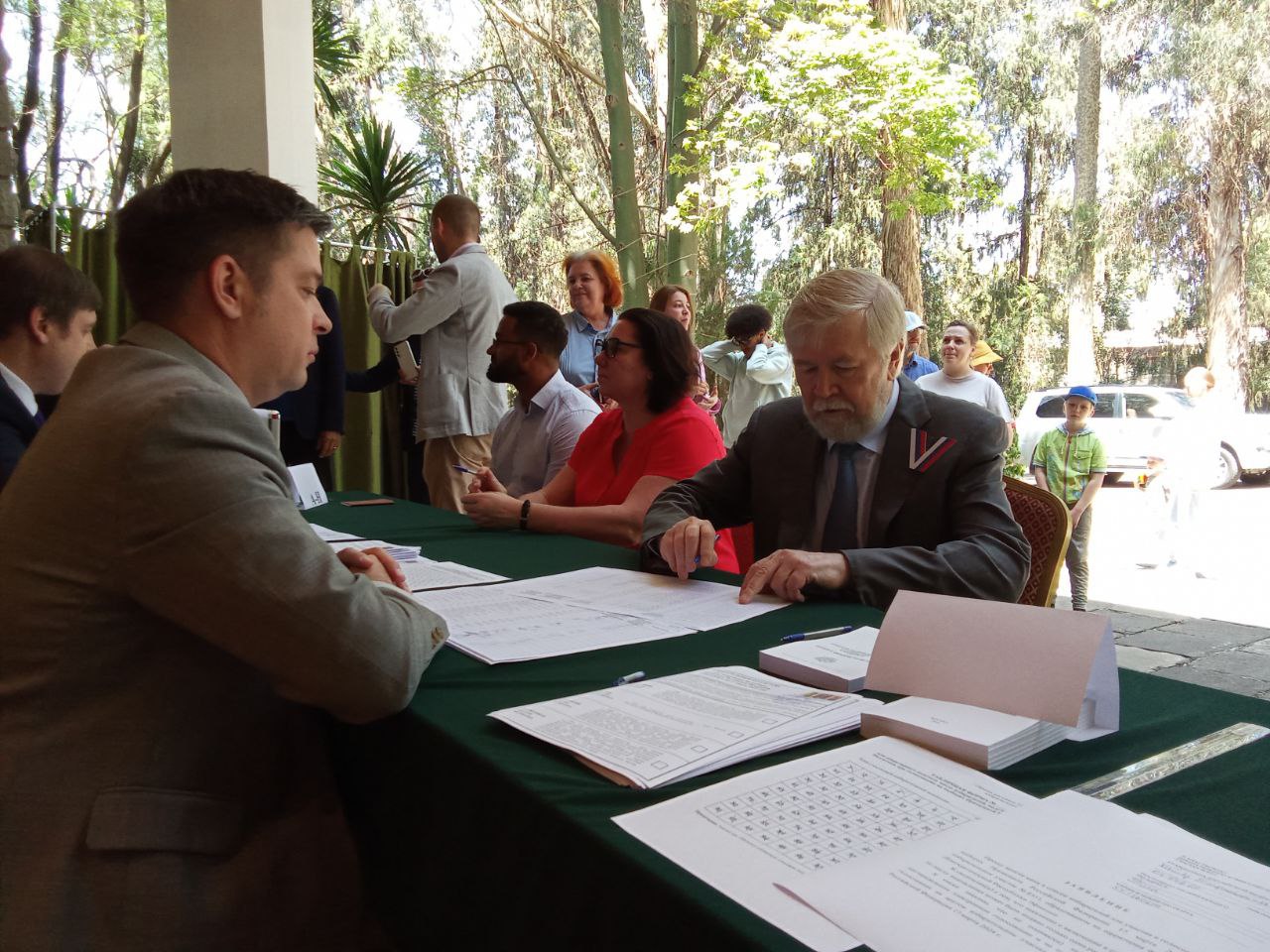ABN: What do you think is its significance for the nation?
Dr. Hirut: World tourism day is commemorated on 27th of September every year internationally with the primary objective of creating public awareness on the socio-economic and environmental importance of the tourism industry and acknowledge the sector’s power to bring people together by creating immense opportunities for fraternity and economic prosperity. The day is also marked in Ethiopia every year, which coincides exactly with Meskel Festival (The Founding of the true cross), the intangible world heritage. This season heralds the beginning of the bright season and ending of the rainy season. World Tourism day is celebrated in Ethiopia based on customized themes which in complete alignment with the general theme designated by WTO. I believe the commemoration of world tourism day helps to strengthen the culture of travel thereby fuelling domestic tourism on one hand, and enhance peoples understanding on the multidimensional advantages of the tourism sector.
ABN: Many argue that Ethiopia’s tourism development is rising once, and falling again, and rising. To what extent do you agree with this notion? Why and How?
Dr. Hirut: First of all, we need to understand the nature and inherent characteristics of the tourism industry generally. Tourism is an industry which is highly susceptible to natural and manmade crises that disrupt overall functioning of its components. Political instability, civil riots, war, natural disasters may occur at any time and these would dilute the smooth operation of the tourism industry. In a similar vein, Ethiopian tourism is not immune to such kind of shocks that happen occasionally and elicit stagnations, or decline at certain times, in the growth path of the sector. For instance, the tourism industry has sharply declined during the Ethio-Eritrean War and resumed to register a remarkable growth then after. The COVID 19 pandemic and current security issues in the country have also combined to significantly limit the business of tourism which led to adverse effects on the tourism communities.
ABN: What do you think are the greatest achievements Ethiopia has registered in tourism development over the past three years or five years?
Dr. Hirut: Ethiopia has never registered a growth in tourist volume and tourism revenues as high as what has been achieved in 2017 and 2018. The preceding years had also heralded the bright future of the tourism industry through burgeoning the number of travelers and revenues generated from the sector. The factors attributable to such achievements are diverse but nationwide government reforms, good publicity of the country internationally, integrated efforts of stakeholders in the sector, marketing and image building endeavors, initiatives to improve the quality of tourism services are to name a few. Institutional reforms undertaken to strengthen regulatory and legislative frameworks of the tourism sector can be taken as an important measure that supported tourism in a number of ways. Large-scale capacity-building programs were implemented to fill skill gaps of tourism experts and practitioners. Hotel classification had been conducted on our capacity after continuous upskilling programs were executed to build the capacity of our experts.
“Preservation and protection of heritage sites, product development initiatives inclu ding the ones implemented by the H.E Dr. Abiy Ahmed, and efforts exerted to protect national parks and protected areas are among the key tasks conducted to develop destinations.”
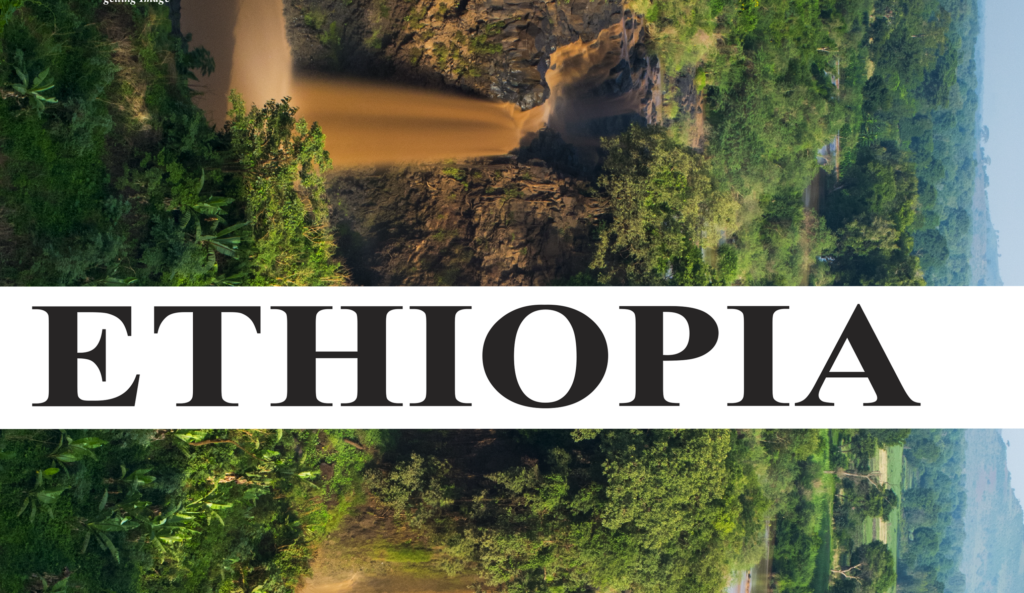
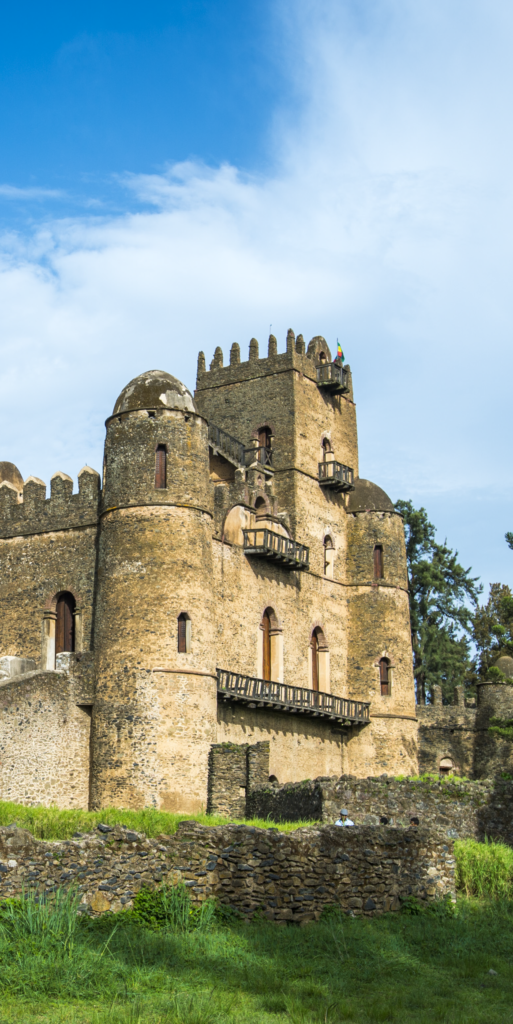
ABN: What are the challenges and prospects of developing tourism destinations in Ethiopia?
Dr. Hirut: Destination development is a challenging but an exciting endeavour. It is challenging because it requires a huge amount of resources, seamless coordination among stakeholders, community awareness and engagements, cross sectorial linkages. The exciting part of destination development is it is simply dealing with identification of new tourism resources, getting to know and dealing with diverse communities and cultures, creating opportunities for people, helping small scale and medium businesses to revive, preservation of cultural resources and conservation of nature. Although Ethiopia possesses remarkable tourism resources, the resources have not been developed in a way that creates competitive advantages for the country in the global tourism market. There are a number of supply side bottle necks hindering overall competitiveness of the tourism industry. Some of the challenges related to destination development include but not exclusive to inadequate coverage of public infrastructures, limited tourism infrastructures in quality and quantity, low level of awareness among communities in destination areas, lack of harmonization and alignment of roles among tourism institutions, and absence of special investment incentives for investments undertaken in least developed parts of the country. . However, it has to be noted that a wide range of activities were undertaken to enhance the resource base of the tourism industry and improve destination over the last couple of years. Preservation and protection of heritage sites, product development initiatives including the ones implemented by the H.E Dr. Abiy Ahmed and efforts exerted to protect national parks and protected areas are among the key tasks conducted to develop destinations.

